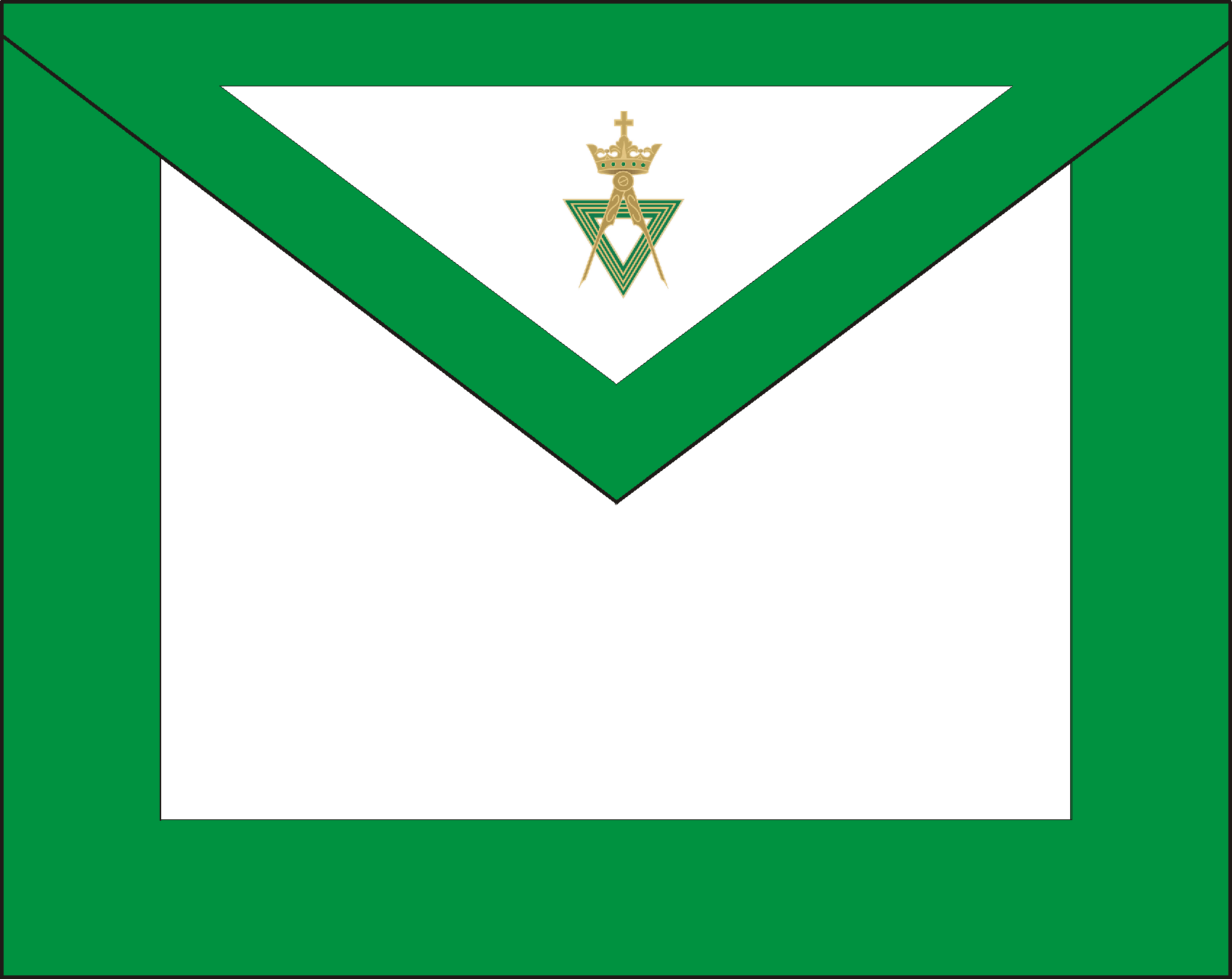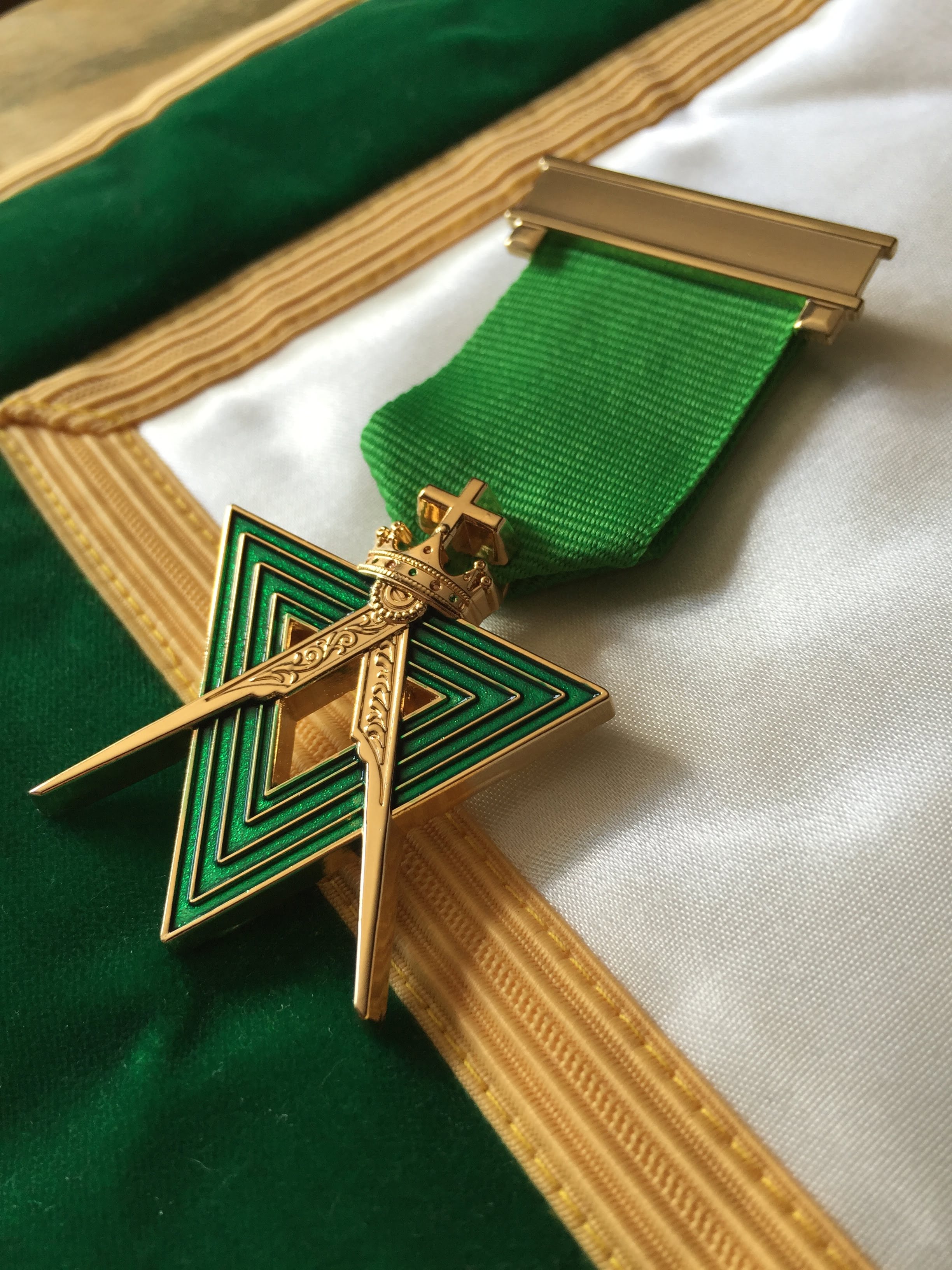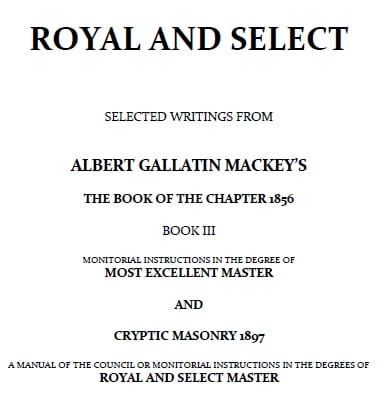History of the Allied Masonic Degrees
The vast majority of the ‘additional’ degrees worked in England in the early part of the nineteenth century originally came under the patronage of warrants granted by the ‘Antients’, who held that Craft Warrants entitled Lodges to work any Masonic degree to which they had knowledge and members available who could work it. Upon the formation of the United Grand Lodge various groups of degrees were gradually organised into separate Orders each with their own governing body.



